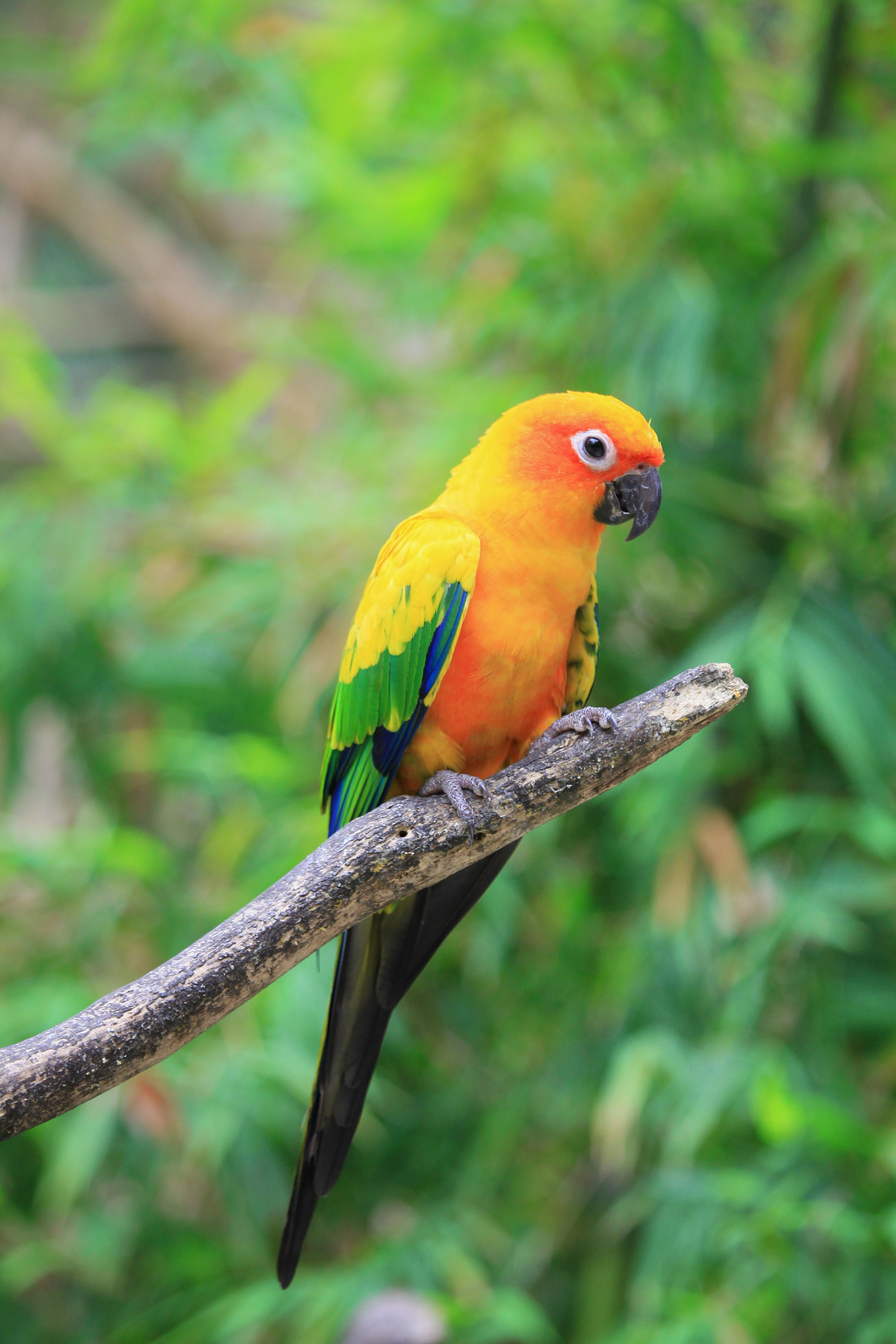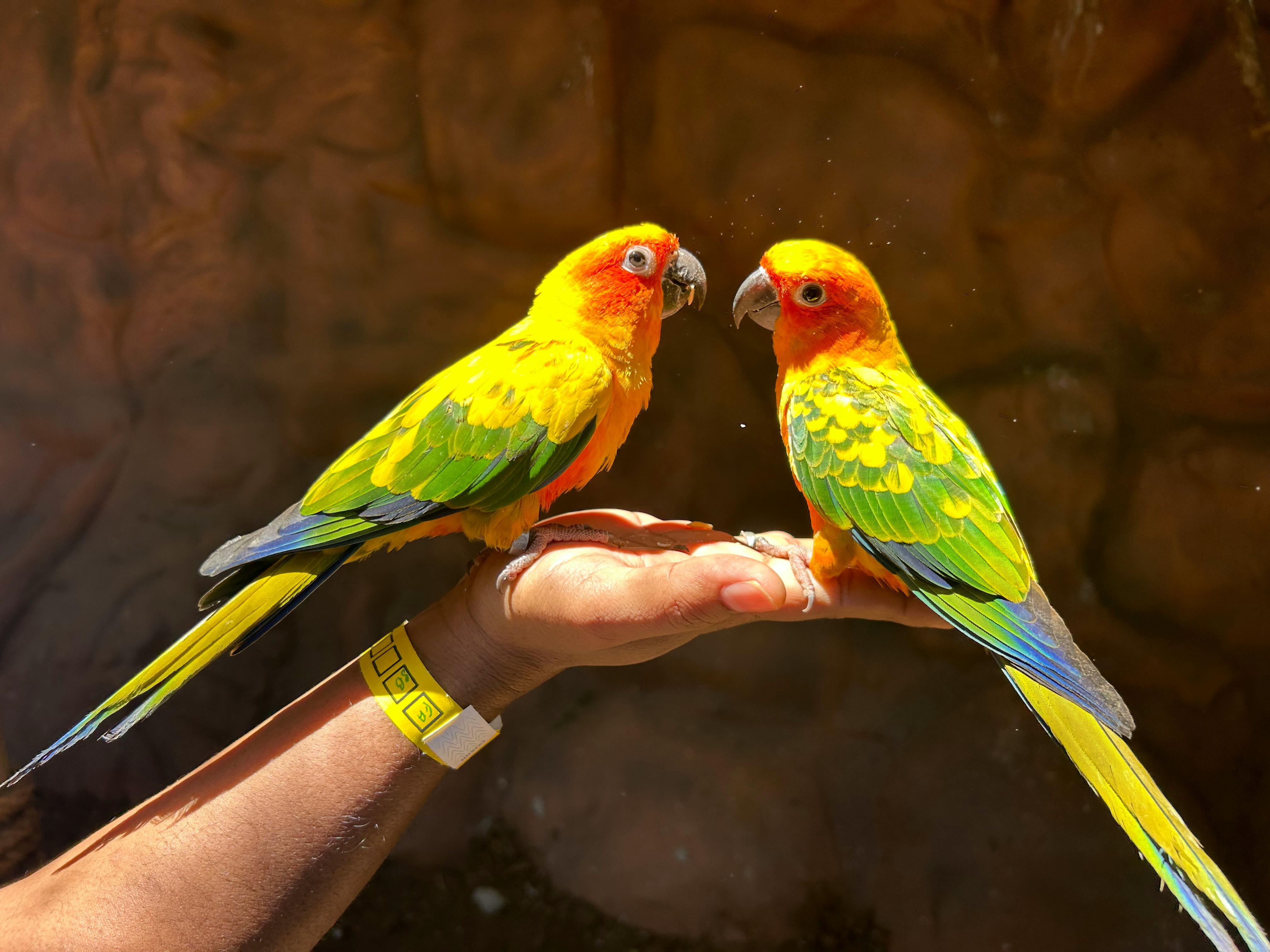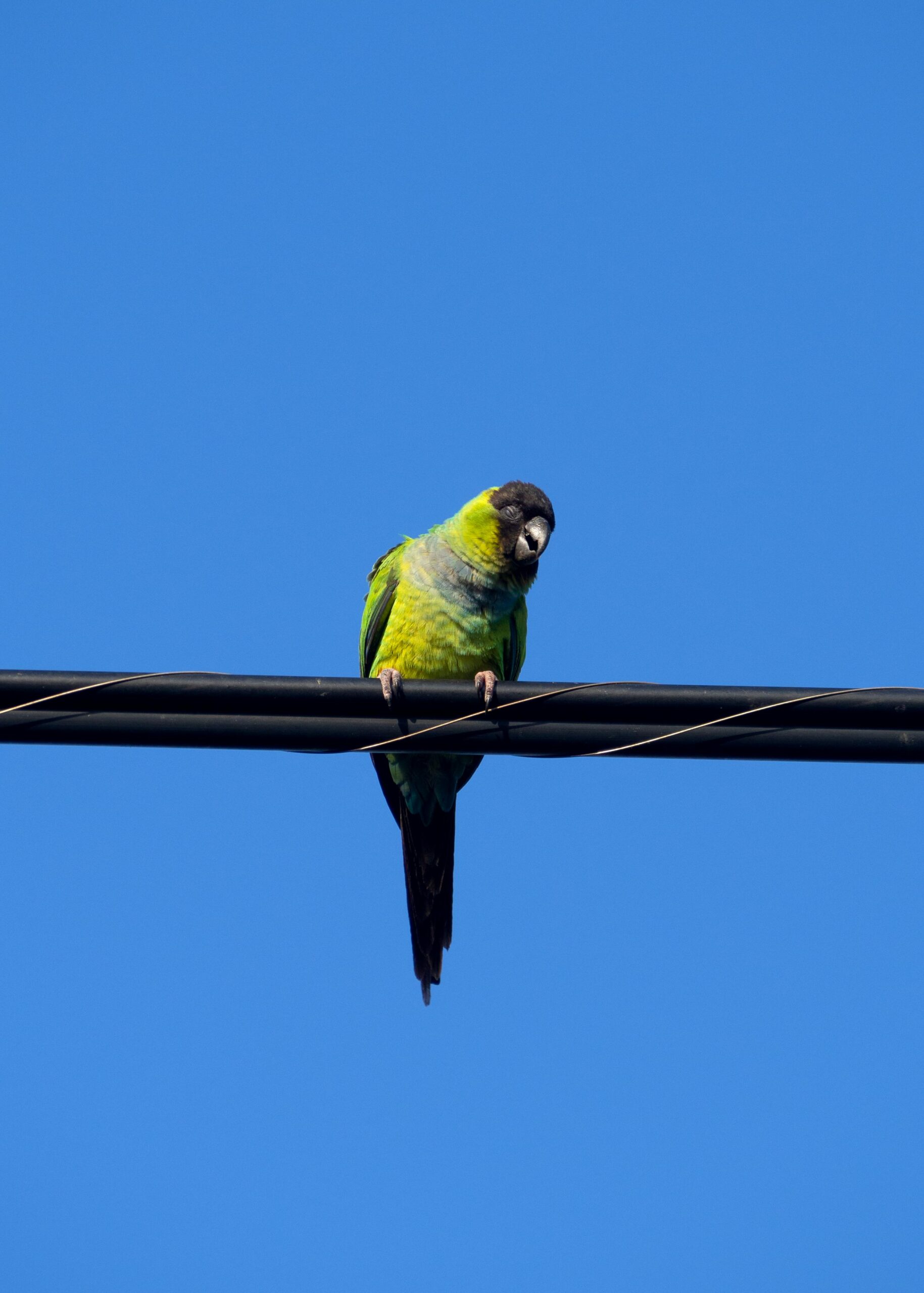Best 5 Conure Parrot Care Tips for a Happy and Healthy Pet in 2025
Owning a conure parrot can be an incredibly rewarding experience, bringing joy and companionship into your home. Known for their vibrant colors and playful personalities, conure parrots require specific care to thrive. Whether you’re a first-time owner or looking to enhance your knowledge, understanding the essential aspects of conure parrot care is key to ensuring a happy and healthy pet.
This article will explore the top five care tips that are crucial for your conure parrot’s well-being in 2025. We’ll discuss everything from dietary needs to socialization techniques, providing you with a comprehensive understanding of how to cater to your feathered friend’s requirements. Plus, we’ll highlight products and resources to enhance your conure’s environment.

1. Understanding Your Conure Parrot’s Dietary Needs
A balanced diet is vital for the health and lifespan of your conure parrot. These birds thrive on a variety of foods that include fresh fruits, vegetables, high-quality pellets, and occasional seeds. Caring for a conure parrot means ensuring they receive the nutrients they need to stay active and healthy.
Choosing the Best Food Options for Conure Parrots
The primary component of a conure’s diet should be pelleted food designed specifically for their nutritional needs. On top of that, adding fresh fruits and vegetables is crucial. Apples, carrots, and leafy greens are excellent choices that provide essential vitamins.
Common Dietary Mistakes to Avoid
Many new owners mistakenly fill their conure’s diet with seeds, which should only make up a small part of their meals. Offering too many fatty seeds can lead to obesity and health issues. Make sure to maintain a diverse diet for optimal nutrition.
Feeding Schedule and Portions
Establishing a feeding routine is critical. Conures typically eat twice a day, with fresh food and clean water available daily. Monitor the portion sizes to prevent overeating, keeping in mind that younger birds require more food for growth.

2. Creating an Enriching Environment
Your conure parrot thrives in an active and stimulating environment. Proper conure parrot habitat setup includes suitable toys, perches, and activities that cater to their playful nature.
Selecting the Best Conure Parrot Toys
Interactive toys that encourage problem-solving and exercise are essential. Parrots enjoy shredding, swinging, and manipulating toys. The best conure parrot toys promote mental stimulation and can help prevent behavioral issues from boredom.
Importance of Playtime and Interaction
Daily social interactions and playtime contribute significantly to your conure’s well-being. Engage in activities that allow your parrot to exercise, such as flight time or playing with toys. This promotes both physical and emotional health.
Designing a Social Space
Conure parrots are social creatures and prefer being part of the family activities. Designing a space where your parrot feels comfortable interacting with everyone will enhance their emotional health. Regularly rotate toys and alter their setup to keep the environment exciting.
3. Training Techniques for a Well-Behaved Conure
Training your conure parrot is essential for establishing a strong bond and encouraging good behavior. Understanding conure parrot behavior plays a significant role in effective training.
Effective Training Strategies for Conure Parrots
Start with basic commands like “step up” or “no.” Use positive reinforcement methods such as treats or praise. Training sessions should be short and consistent to maintain your parrot’s attention and interest.
Addressing Behavioral Issues
Conures can exhibit undesired behaviors due to lack of socialization or boredom. By monitoring their interactions and keeping the training positive, you can mitigate behaviors like biting or excessive screeching.
Bonding Through Training
Training is not just about obedience; it’s also a bonding experience. Spend time engaging your conure during training sessions, reinforcing your connection and trust. This can facilitate quicker learning and a happier parrot.
4. Health Monitoring and Veterinary Care
To ensure your conure remains healthy, regular conure parrot vet care and health monitoring are crucial. Recognizing signs of illness can prevent serious health issues down the line.
Regular Check-Ups and Vaccinations
<pRoutine check-ups with a veterinarian specializing in avian care are pertinent. Regular assessments can provide peace of mind and keep your bird healthy. Certain vaccinations may be necessary depending on your location and lifestyle.
Common Health Problems and Symptoms
Be aware of common issues in conures, such as respiratory infections, feather plucking, and nutritional deficiencies. Signs of illness can vary, but observing your conure’s behavior closely can help you catch symptoms early.
Nutritional Supplements and Health Aids
Depending on your conure’s dietary habits, consider health supplements to boost their immunity. Consult with your vet about options to support your conure’s health adequately.
5. Understanding Conure Parrot Behavior and Socialization
Your conure parrot’s social behavior reflects its needs. Understanding these needs will help you provide a happy and healthy environment.
Signs of a Happy Conure Parrot
A content conure parrot will exhibit playful behavior, vocalizations, and a good appetite. Observing these signs of happiness will help you ensure that you’re meeting your pet’s needs.
Building a Bond Through Interaction
Spend quality time with your conure, engaging them in play and training. This reinforces feelings of security and companionship, leading to a happy and social conure.
Community and Social Interactions
Conures benefit from socialization with other birds and humans. If you have multiple pets, monitor their interactions, ensuring they are positive and enriching.
In conclusion, understanding the care needs of conure parrots through diet, environment, training, health monitoring, and socialization will significantly enhance your pet’s happiness and well-being. Following these essential tips for 2025 will ensure that your feathered friend leads a fulfilling and healthy life.
